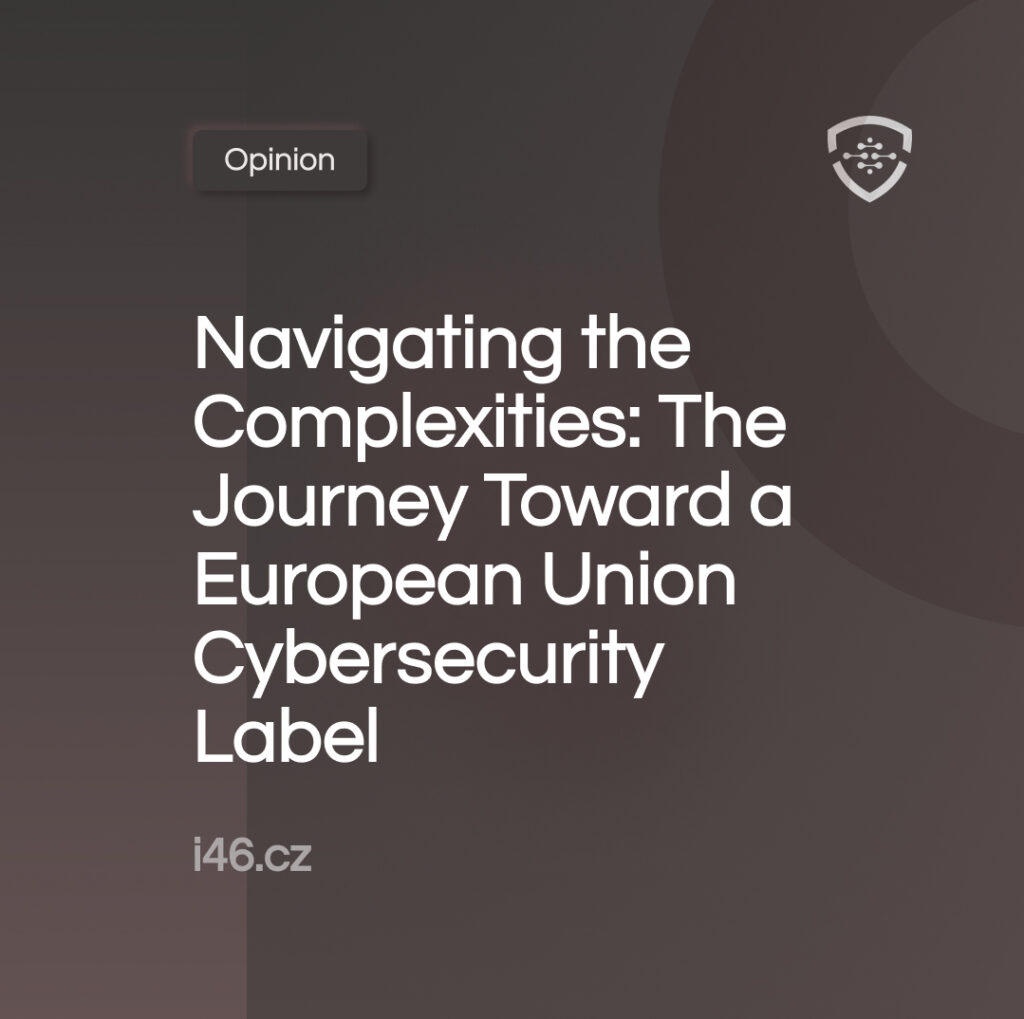Navigating the Complexities: The Journey Toward a European Union Cybersecurity Label

Amidst the corridors of Brussels, the echoes of deliberations among national cybersecurity experts reverberate, marking a pivotal moment in the journey towards implementing a European Union cybersecurity label. This label, if greenlit, would extend a coveted invitation to tech titans like Amazon, Alphabet’s Google, and Microsoft to vie for esteemed EU cloud computing contracts. However, recent reports from local media paint a picture of deferred decisions, pushing the resolution of this matter to May and injecting further intricacy into an already complex discourse on digital security.
Central to this labyrinthine discussion is the European Union’s ambitious blueprint for a cybersecurity certification scheme (EUCS). At its core, the EUCS aims to infuse assurance into the security fabric of cloud services, offering a guiding light for governmental bodies and enterprises navigating the tumultuous seas of vendor selection. Yet, the journey towards this noble objective has been marred by contentious debates, particularly surrounding the level of stringency to be imposed on tech giants seeking the prestigious EU cybersecurity label.
Proponents of rigorous criteria advocate vehemently for a stringent approach, underscoring the paramount importance of fortifying cybersecurity defenses in an era defined by digital ubiquity. Conversely, detractors raise poignant concerns about the potential stifling effects such stringent requirements might exert on the competitive edge and innovation prowess of major tech players. This clash of ideologies has engendered a stalemate, compelling national cybersecurity experts to postpone their verdict on the latest draft tabled by the EU cybersecurity agency ENISA in 2020.
As stakeholders navigate this intricate terrain, grappling with the intricate dance between security imperatives and technological advancement, the deferred vote serves as a poignant reminder of the multifaceted nature of cybersecurity governance in the digital age. In the ensuing months, intensified deliberations are anticipated, as policymakers, industry stakeholders, and cybersecurity luminaries converge to chart a course that not only fortifies digital infrastructure but also fosters an environment conducive to innovation and economic prosperity.
Against this backdrop of uncertainty, the destiny of the European Union Cybersecurity Label hangs in limbo, awaiting resolution amidst the tempestuous seas of cybersecurity governance.



